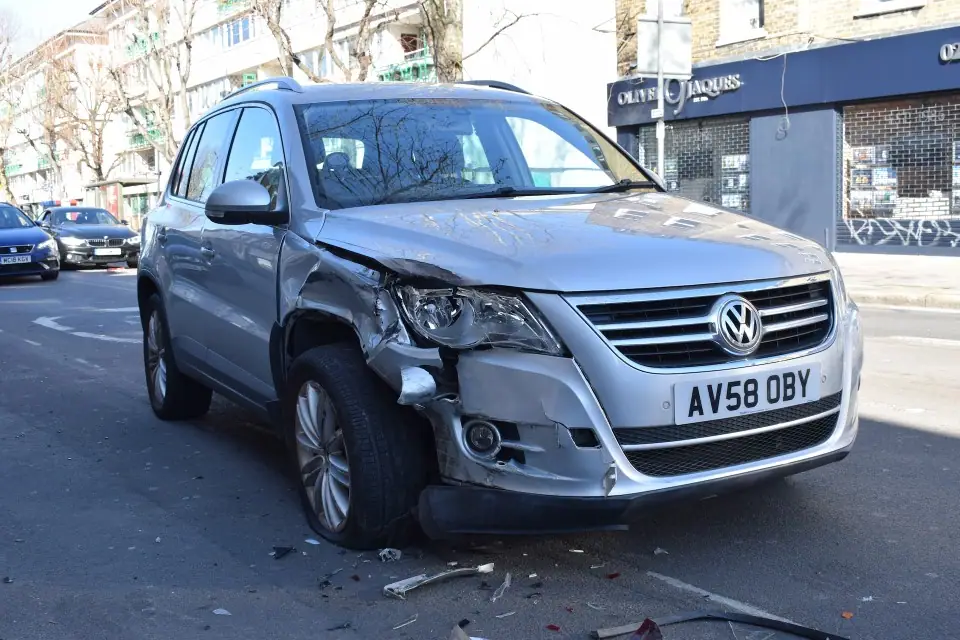Dealing with insurance companies after a car accident can be frustrating and confusing. Knowing what to expect and being prepared can help make the process smoother. Here are some tips for navigating insurance claims after an accident.
Notify Your Insurance Company
The first thing you should do after an accident is contact your insurance company and file a claim. Provide basic information about what happened, if anyone was injured, and if the police were called. Your insurance company will open a claim and assign you an adjuster who will investigate the accident details.
Cooperate With the Insurance Investigation
The insurance adjuster will investigate the accident to determine fault and assess damages. You will likely need to provide a recorded statement about what happened. Be as detailed as possible and stick to just the facts. Avoid speculation or admitting guilt. Also provide any evidence you have like photos of damage, police reports, and contact info for witnesses. Fully cooperating with the investigation will help resolve the claim faster.
Seek Medical Attention if Needed
If you or any passengers were injured in the accident, seek medical attention right away. This will document any injuries for the claim. Keep records of doctor visits, medical bills, and notes outlining how the injuries impact your life. Your health should be the top concern but this information will support injury claims.
Don’t Make Statements to the Other Driver’s Insurer
The other driver’s insurance company may reach out asking for your version of events. Avoid providing an official recorded statement until consulting your insurer. Statements you make to the other company can be used against you. Politely decline to comment and refer them to your insurance provider.
Maintain Records of All Communication
Keep thorough records of all exchanges you have with both insurance companies including phone calls, letters, and emails. Also hold onto receipts for expenses related to the accident like car repairs, medical bills, and rental cars. Detailed records will help if disputes arise over the settlement.
Understand the Settlement Offer
Once the insurer finishes the investigation, they will provide a claim settlement outlining their determination of fault and payment calculations. Thoroughly review this offer and make sure you understand what is covered. If you disagree with any aspect, promptly communicate with your adjuster.
Consider Hiring a Lawyer
For major accidents with significant injuries or property damage, consider hiring an attorney to represent your interests. An experienced lawyer understands the claim process and can maximize your settlement. Legal help is particularly beneficial if the insurance company disputes who was at fault.
Be Flexible
Keep an open mind and be willing to negotiate if you disagree with the initial settlement offer. Provide evidence to counter the insurer’s findings. But also recognize insurers must work within their policies. Being flexible and reasonable can facilitate a satisfactory claim resolution.
Dealing with the aftermath of an accident can be stressful. But staying calm, being organized, and knowing what to expect from the insurance claims process will enable you to get your life back to normal sooner. Contact your insurer promptly, cooperate fully with investigations, and consult an attorney if warranted. With patience and perseverance, you can reach a fair settlement.
Most Common Questions
What information do I need to file an insurance claim after an accident?
The key details to provide are the time and location of the accident, a description of what happened, any injuries or property damage, and whether police were called. Also provide your policy number and any evidence you have like photos or witness information.
How quickly should I notify my insurer after an accident?
Contact your insurance company immediately after seeking any needed medical attention. The faster you file the claim, the sooner they can start the investigation and claims process.
Should I provide a statement to the other driver’s insurance company?
Avoid giving an official recorded statement until speaking to your own insurer. The other company is looking out for their own interests. Let your insurer interface on your behalf.
Can I get a rental car while my car is being repaired?
Most policies cover rental car reimbursement for a certain number of days. Contact your claims adjuster to discuss options for a rental car and to get approval. Save receipts to submit for reimbursement.
What if I disagree with the insurer’s settlement offer?
Contact your claims adjuster right away to explain what you disagree with and provide any evidence or information you have to support your concerns. Be cooperative and flexible, but stand firm if you believe their findings are incorrect.
Conclusion
Dealing with insurance claims after an accident can be intimidating. But staying organized, documenting everything, and understanding the process will help you successfully navigate it. Work closely with your insurer by promptly reporting the accident, cooperating with the investigation, and thoroughly reviewing the settlement offer. Seek legal guidance if warranted. With patience and preparation, you can efficiently resolve your claim and move forward after an unfortunate accident.







